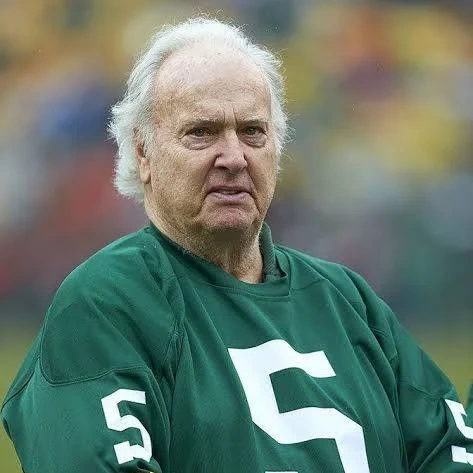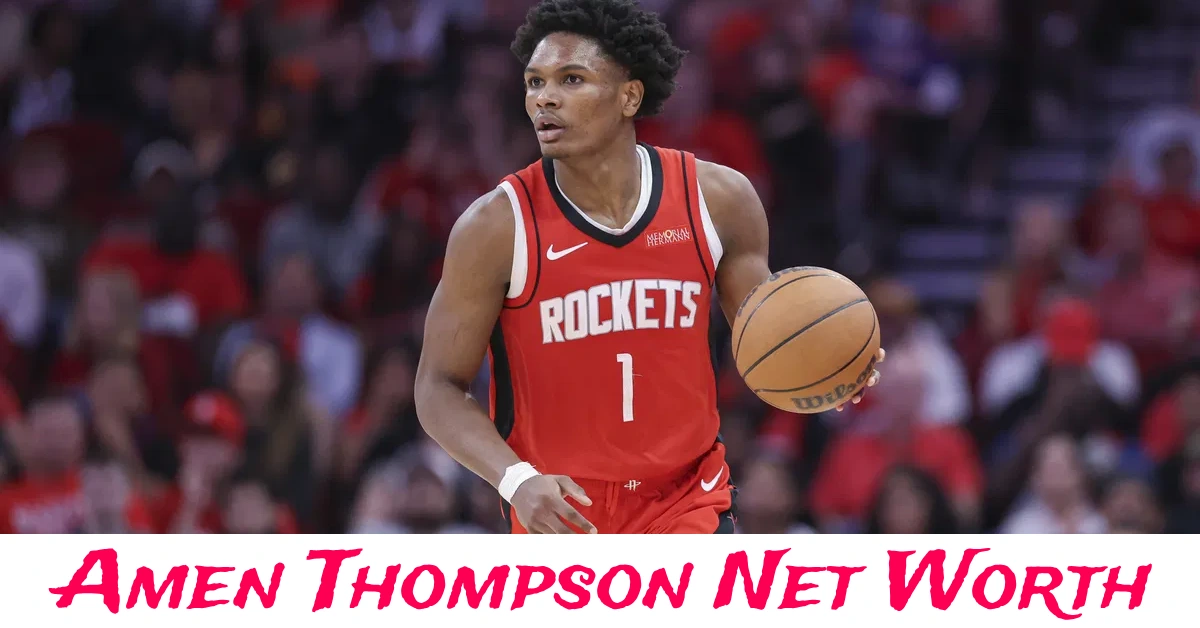People often wonder about Paul Hornung net worth—and it’s no surprise. With a career full of big wins and a legacy that stretches far beyond football, his bank account reflects his star power. Known as the “Golden Boy,” Paul Hornung was a legend both on and off the field. But how rich was he really? Let’s take a closer look at his fortune, his career, and the lifestyle that made him a true icon.
Who Was Paul Hornung?
Paul Hornung wasn’t just another football player—he was a superstar. Born in 1935, Hornung grew up in Louisville, Kentucky, and quickly made a name for himself as an all-around athlete. He played football, basketball, and baseball in high school, but it was football where he truly shined. Fans loved his golden hair, his charm, and his winning ways.

People are curious about Paul Hornung’s wealth because he wasn’t just a player—he was a legend. He won the Heisman Trophy at Notre Dame, became an NFL MVP, and helped the Green Bay Packers win multiple championships. Even after his playing days, Hornung stayed in the spotlight through business ventures and media appearances. His story is one of fame, fortune, and a lasting impact on the world of sports.
How Much Is Paul Hornung Net Worth?
Paul Hornung net worth is estimated to be around $8 million in 2024, adjusted for inflation. This figure comes from a mix of his NFL career earnings, endorsements, and smart investments. Sources like Celebrity Net Worth and other financial sites often report on celebrity income and net worth, but Hornung’s fortune stands out because it was built in an era when NFL salaries were much lower than today.
Compared to modern football stars, Hornung’s net worth might seem modest. Today’s NFL players can earn tens of millions in a single season. But for his time, Hornung was one of the highest-paid and most marketable athletes. His earnings and wealth put him among the top sports celebrities of his era, and his fortune has continued to grow through investments and business deals long after he retired.
Career Highlights
Paul Hornung’s career is filled with unforgettable moments. He won the Heisman Trophy in 1956, becoming the only player ever to win it while playing for a losing team at Notre Dame. That alone made him a legend. But his story didn’t stop there—he joined the Green Bay Packers and became a key player in their rise to greatness.
Hornung led the NFL in scoring for three straight years and was named league MVP in 1961. He helped the Packers win five championships, including the very first Super Bowl. Fans called him the “Golden Boy” because of his talent, charisma, and ability to shine in big games. After football, Hornung became a sports commentator and stayed connected to the game he loved.
Main Sources of Income
Paul Hornung net worth came from several sources. His NFL salary was a big part of his early earnings, especially as a star for the Packers. But he didn’t stop there. Hornung was a popular figure in advertising, landing endorsement deals that added to his wealth. His image appeared in commercials and print ads, making him one of the most recognized athletes of his time.
After retiring from football, Hornung worked as a sports commentator and broadcaster. These jobs brought in steady income and kept him in the public eye. He also wrote books and made public appearances, each adding to his overall earnings. Hornung’s ability to turn his fame into a steady income stream helped build his fortune over the years.
Luxury Lifestyle
With his celebrity income, Paul Hornung enjoyed a lifestyle that matched his “Golden Boy” nickname. He owned a beautiful home in Louisville and invested in real estate, which helped his net worth grow even after his playing days were over. Hornung was known for his love of nice cars and often drove the latest models, showing off his success.
Vacations were another part of Hornung’s luxury lifestyle. He traveled for both business and pleasure, often visiting top destinations in the U.S. and abroad. His fashion sense was classic and sharp, and he was often seen in stylish suits at public events. Hornung’s wealth allowed him to live comfortably and enjoy the finer things in life, all while staying connected to his roots.
Investments or Side Businesses
Paul Hornung was more than just a football star—he was a savvy businessman. He invested in real estate and other ventures after retiring from the NFL. These investments became a key part of his net worth, providing steady income and helping his fortune grow over time.
Hornung also explored other business opportunities, including restaurants and local enterprises in Louisville. His business sense and willingness to take risks paid off, making him a respected figure in both sports and business circles. These side businesses helped ensure that his wealth would last, even as the years went by.
Charity & Giving Back
Giving back was important to Paul Hornung. He supported several charities and causes throughout his life, especially those connected to sports and youth development. Hornung cared deeply about player safety and even spoke out about the need for better equipment and protection for athletes.
He was involved in fundraising events and used his fame to raise awareness for important issues. Hornung’s legacy includes not just his wealth, but also his generosity and commitment to making a difference in the lives of others.
Final Thoughts
Paul Hornung net worth is a reflection of his talent, hard work, and smart choices. From his days as the “Golden Boy” on the football field to his successful business ventures, Hornung built a fortune that stands as a testament to his legacy. His story shows that wealth isn’t just about money—it’s about making an impact, seizing opportunities, and giving back.
Today, Paul Hornung is remembered as one of football’s greatest legends. His net worth may not match the superstars of today, but his influence and success are timeless. As fans continue to celebrate his life and achievements, Paul Hornung’s fortune remains a symbol of what it means to be truly rich—in every sense of the word.
FAQs
How good was Paul Hornung?
Paul Hornung was one of the most versatile and impactful football players of his era. Nicknamed “The Golden Boy,” he was a star for the Green Bay Packers and Notre Dame. Hornung could do it all—he ran, passed, kicked, blocked, and even played defense in college. He led the NFL in scoring three straight years and was named league MVP in 1961. Hornung was known for making big plays in the biggest games, and many consider him one of the most important contributors to the Packers’ dynasty years.
Why didn’t Paul Hornung play in Super Bowl 1?
Paul Hornung did not play in Super Bowl 1 because of a neck injury. After being selected by the New Orleans Saints in the expansion draft, doctors advised him that continuing to play football could risk irreparable damage to his spinal cord. Because of these serious health concerns, Hornung retired before the 1967 season and missed the first Super Bowl, even though he had been a major part of the Packers’ earlier championships.
Why did Paul Hornung win the Heisman?
Paul Hornung won the Heisman Trophy in 1956 because of his incredible versatility and leadership, even though Notre Dame had a losing record that year. He played quarterback, ran for touchdowns, passed for scores, kicked, and played defense. Hornung led his team in almost every major category and was responsible for more than half of Notre Dame’s points. He remains the only player to win the Heisman while playing for a team with a losing record, showing just how outstanding his individual performance was.
Who is Paul Hornung’s wife?
Paul Hornung was married to Angela Cervilli. The couple shared many years together, and Angela was by his side throughout much of his post-football life.











